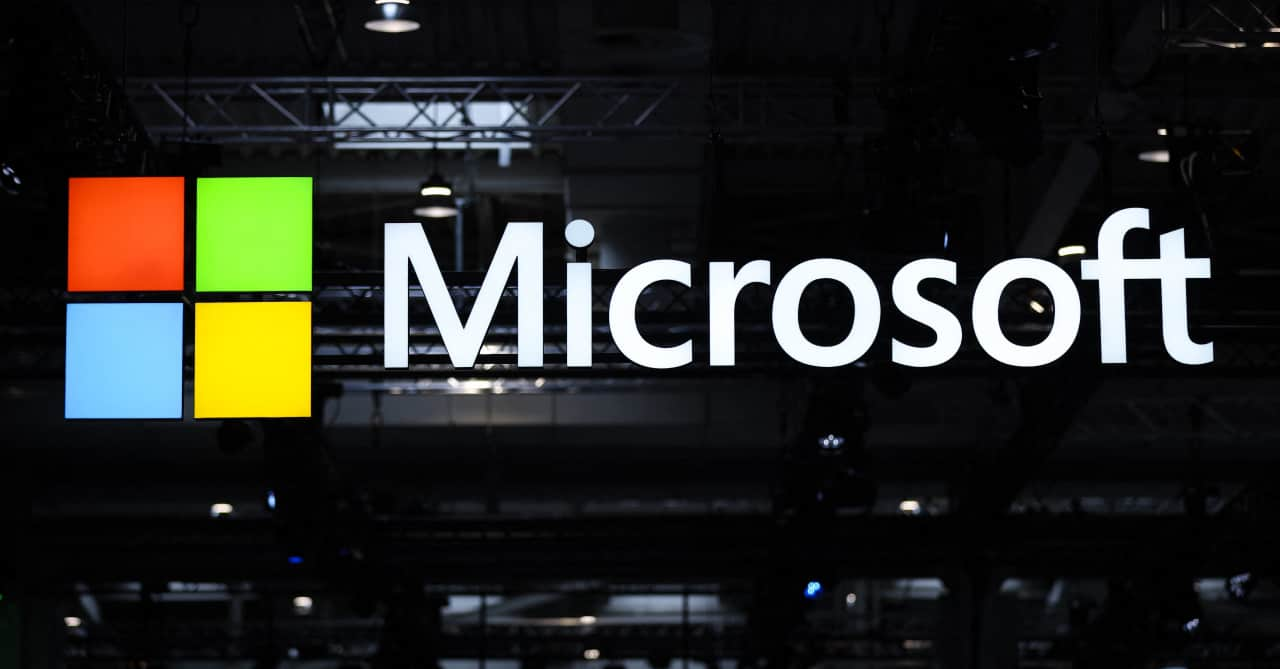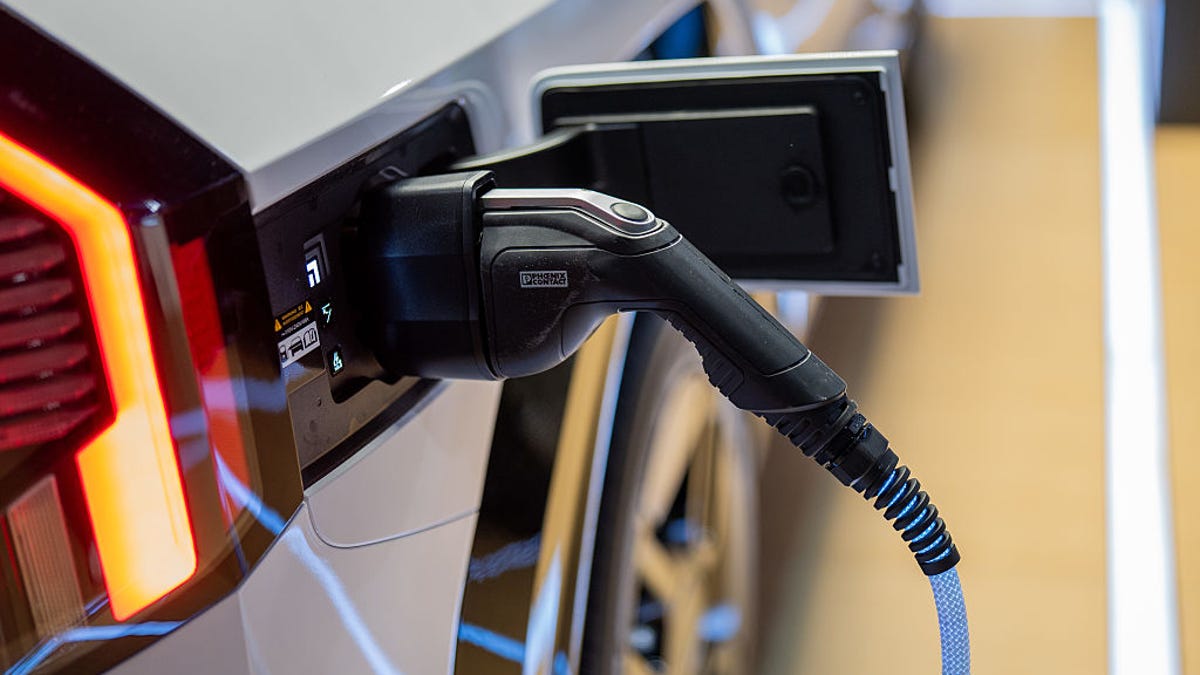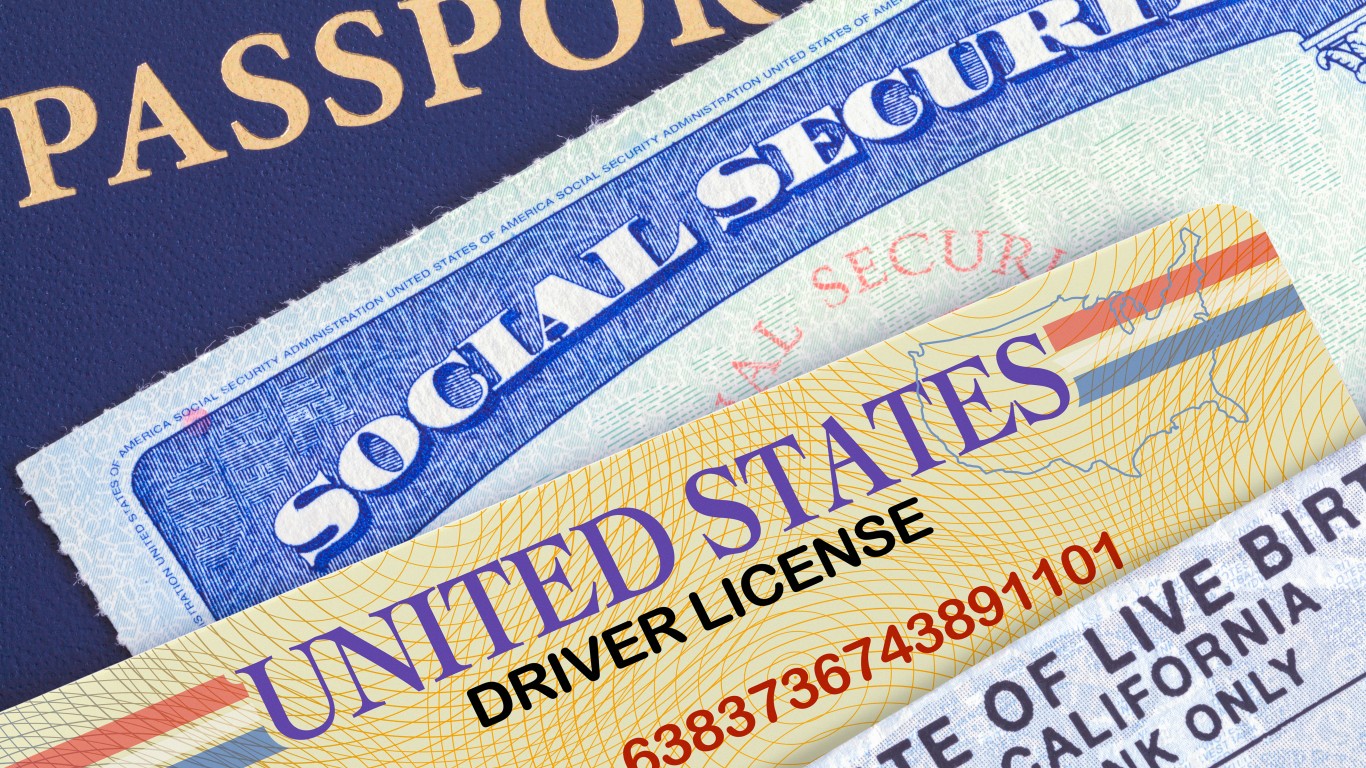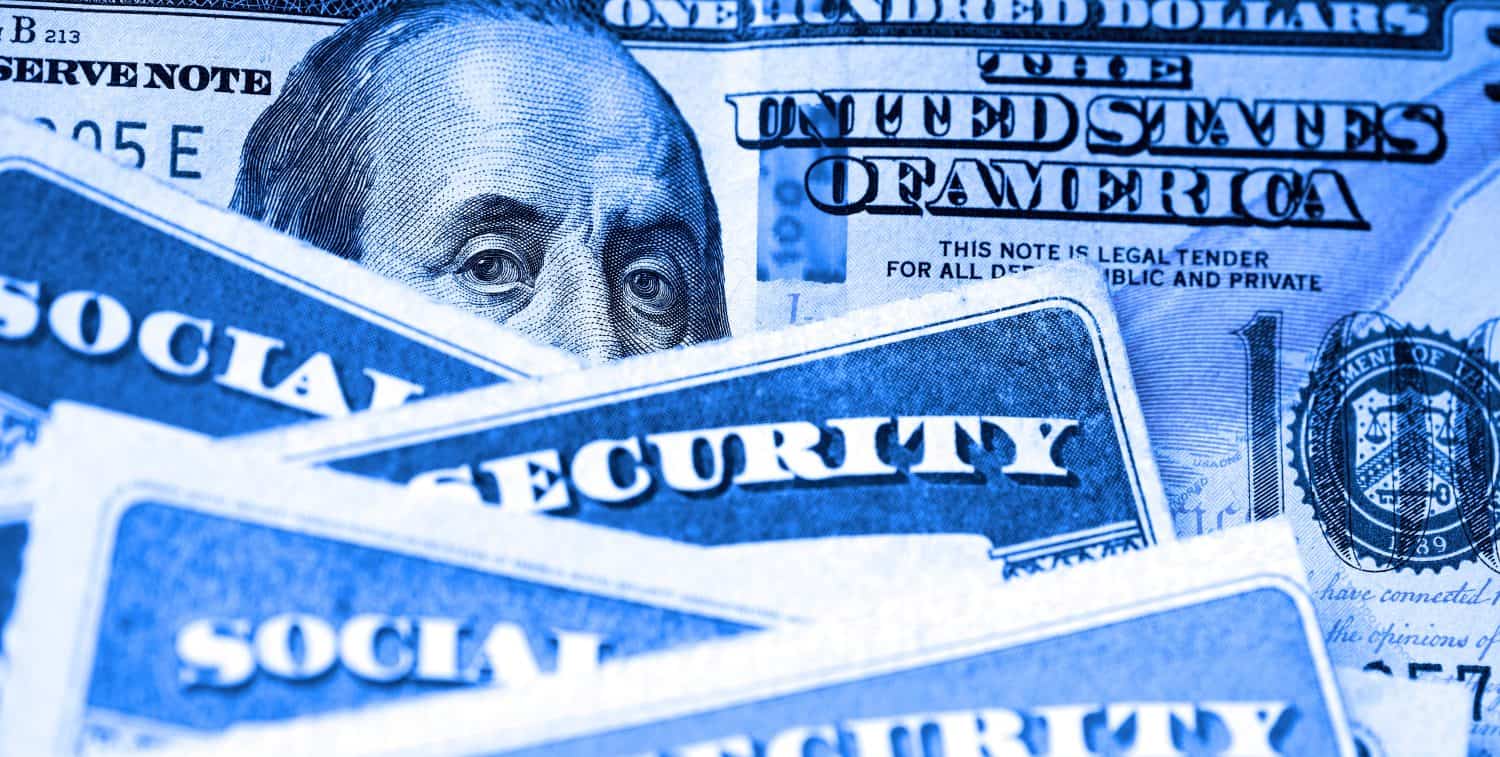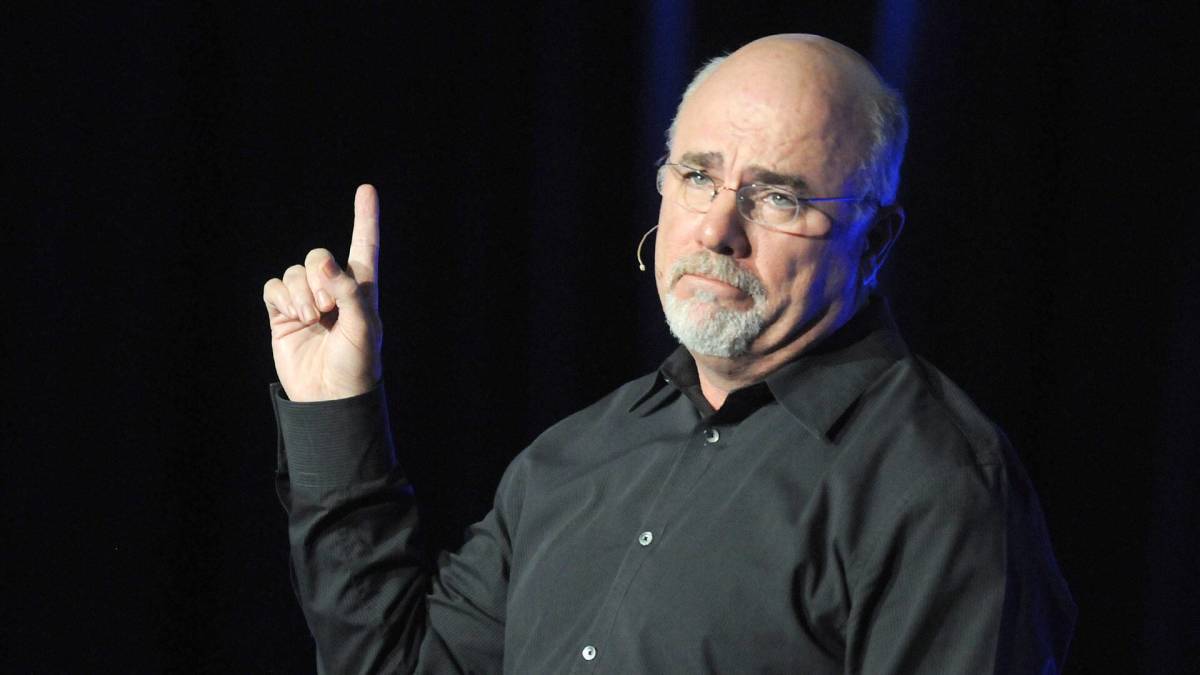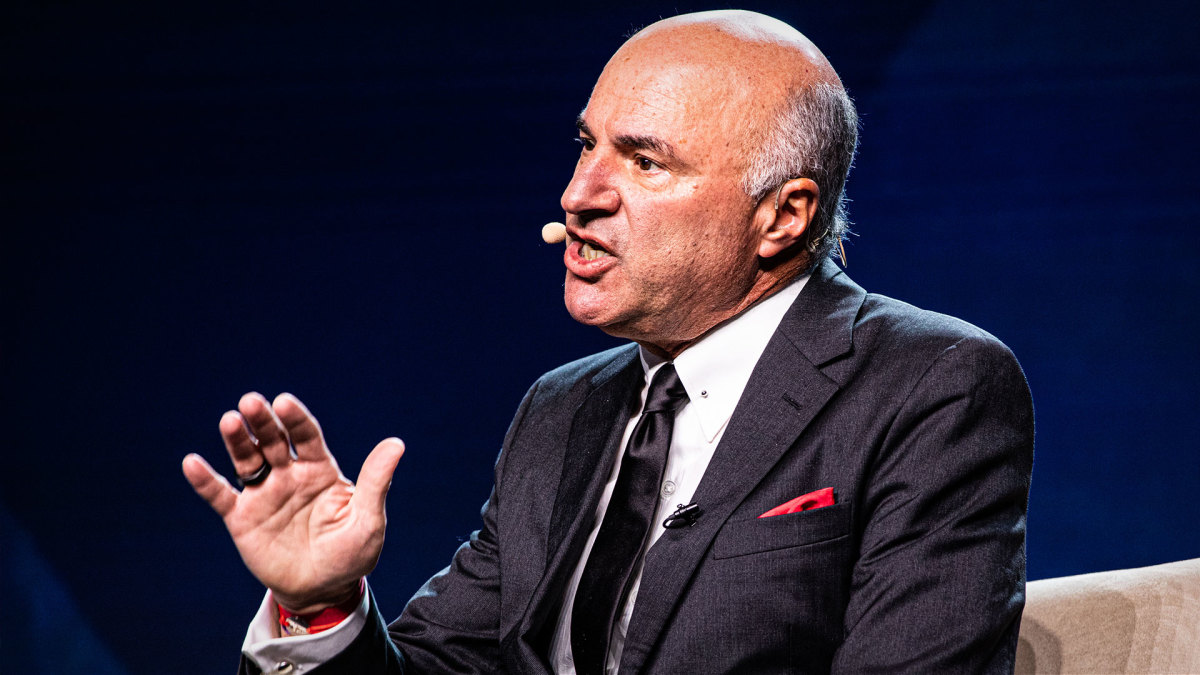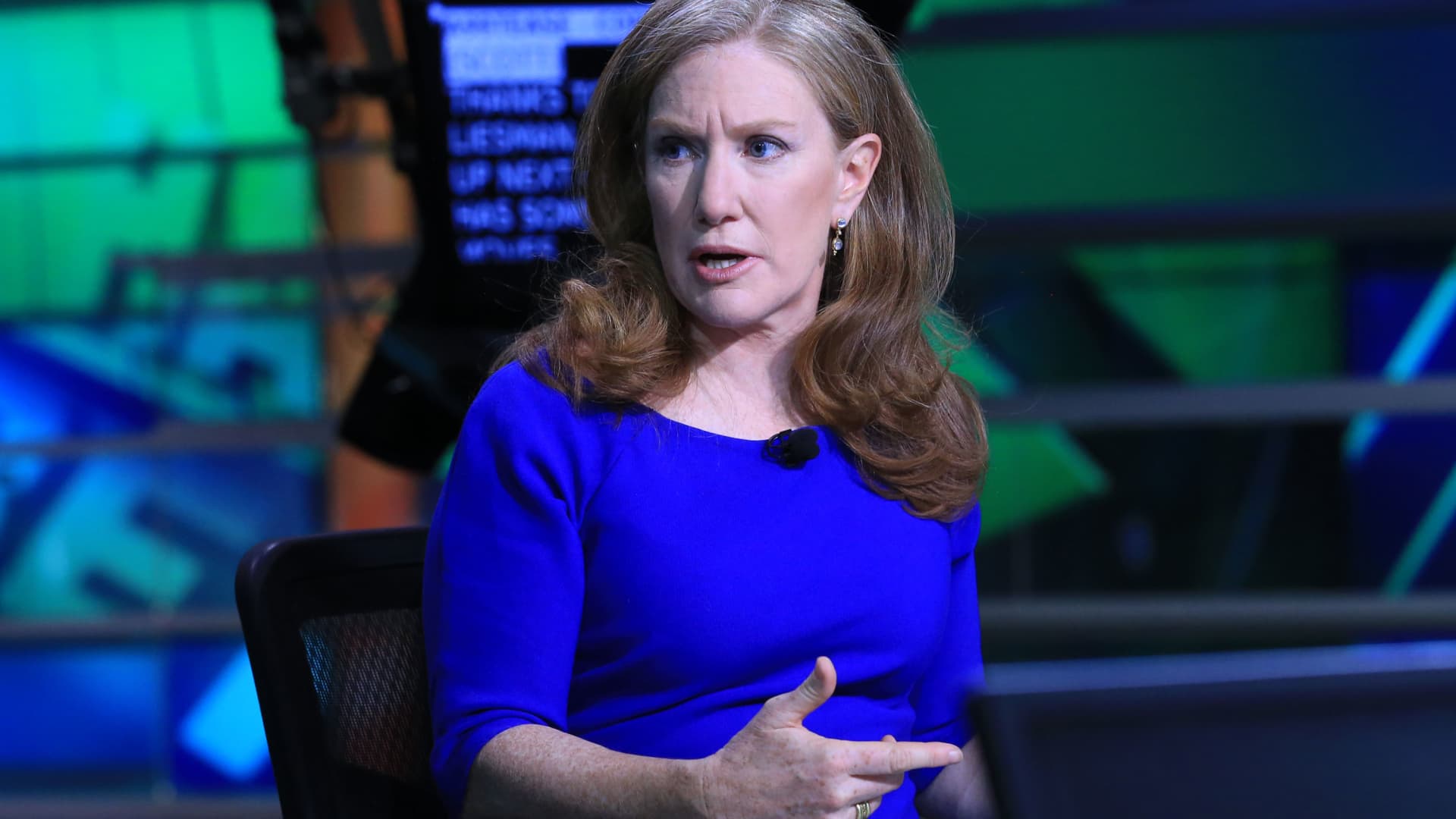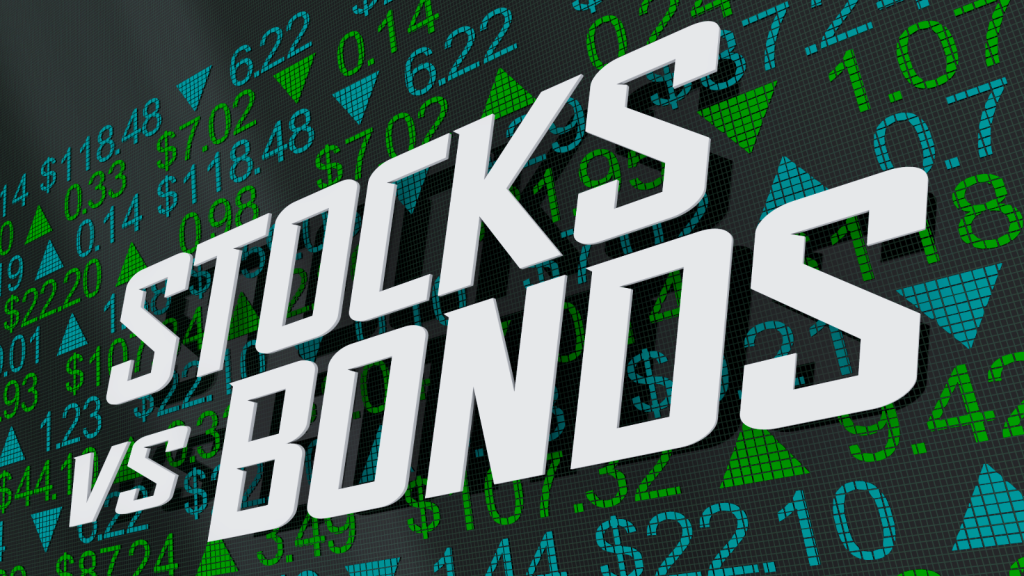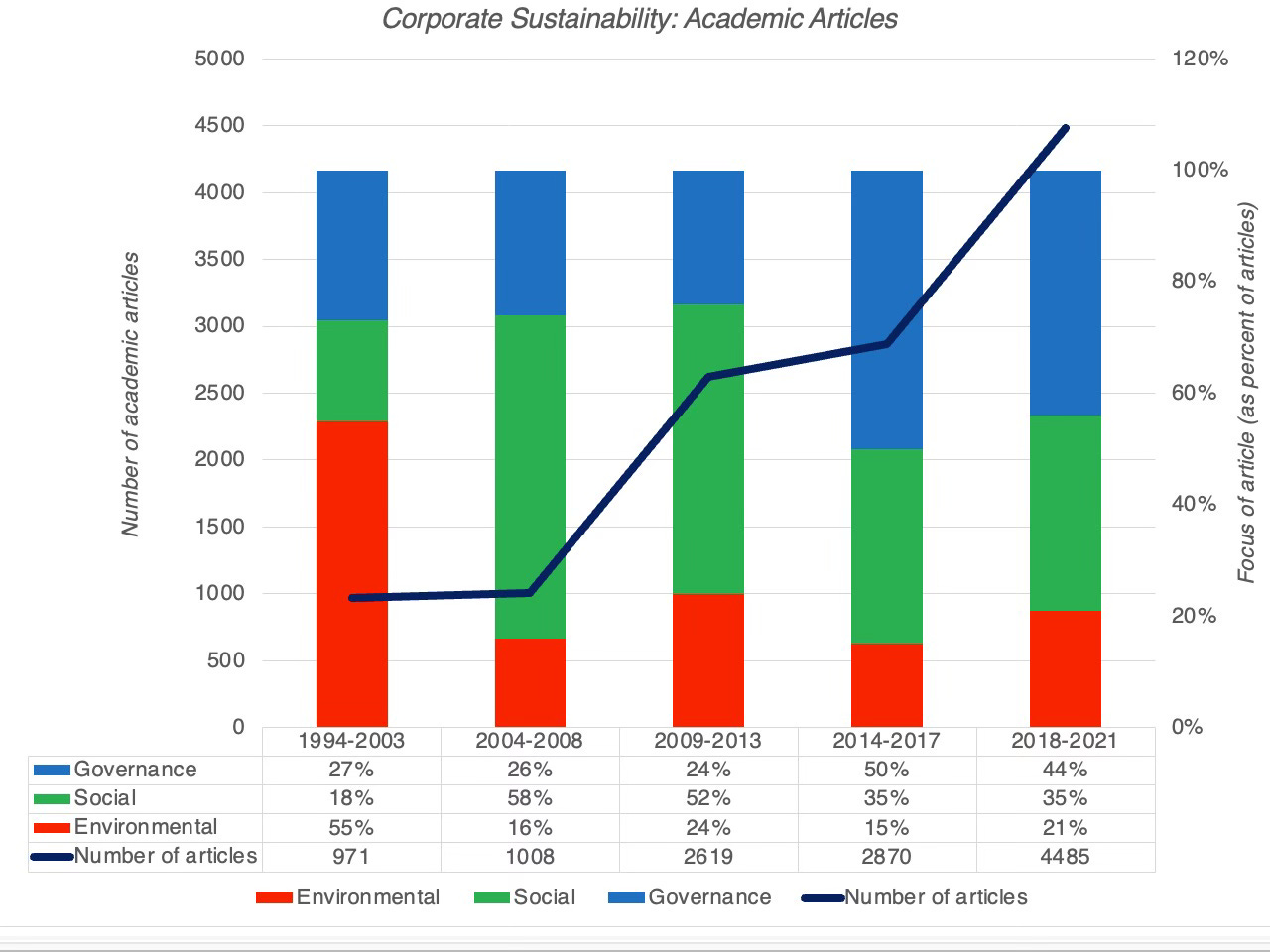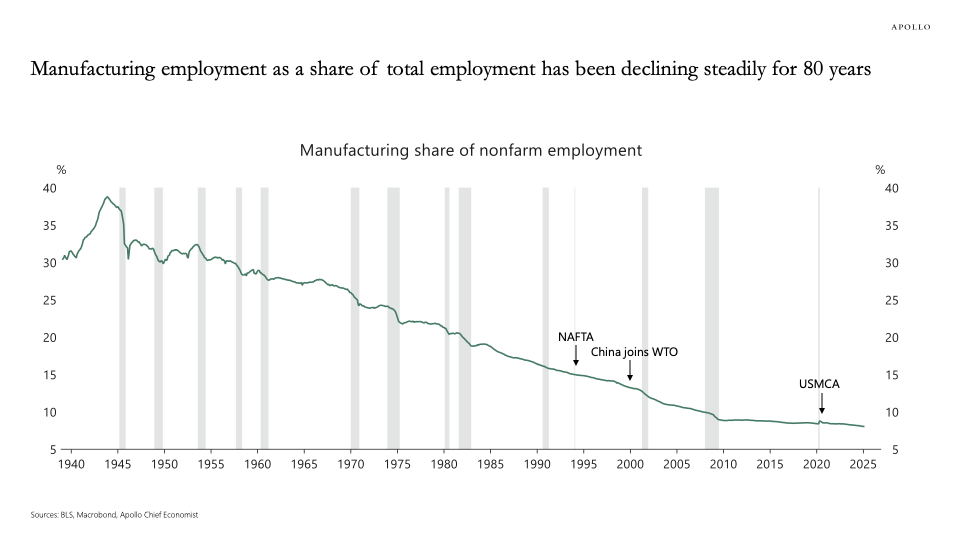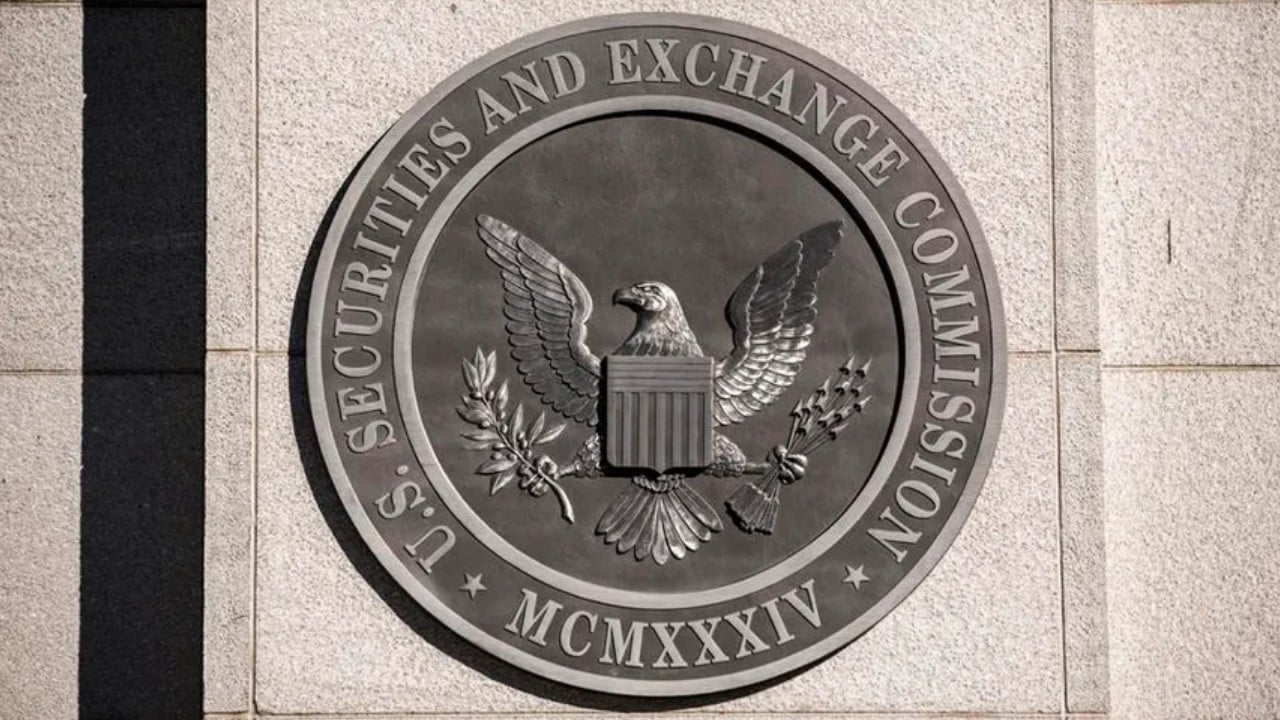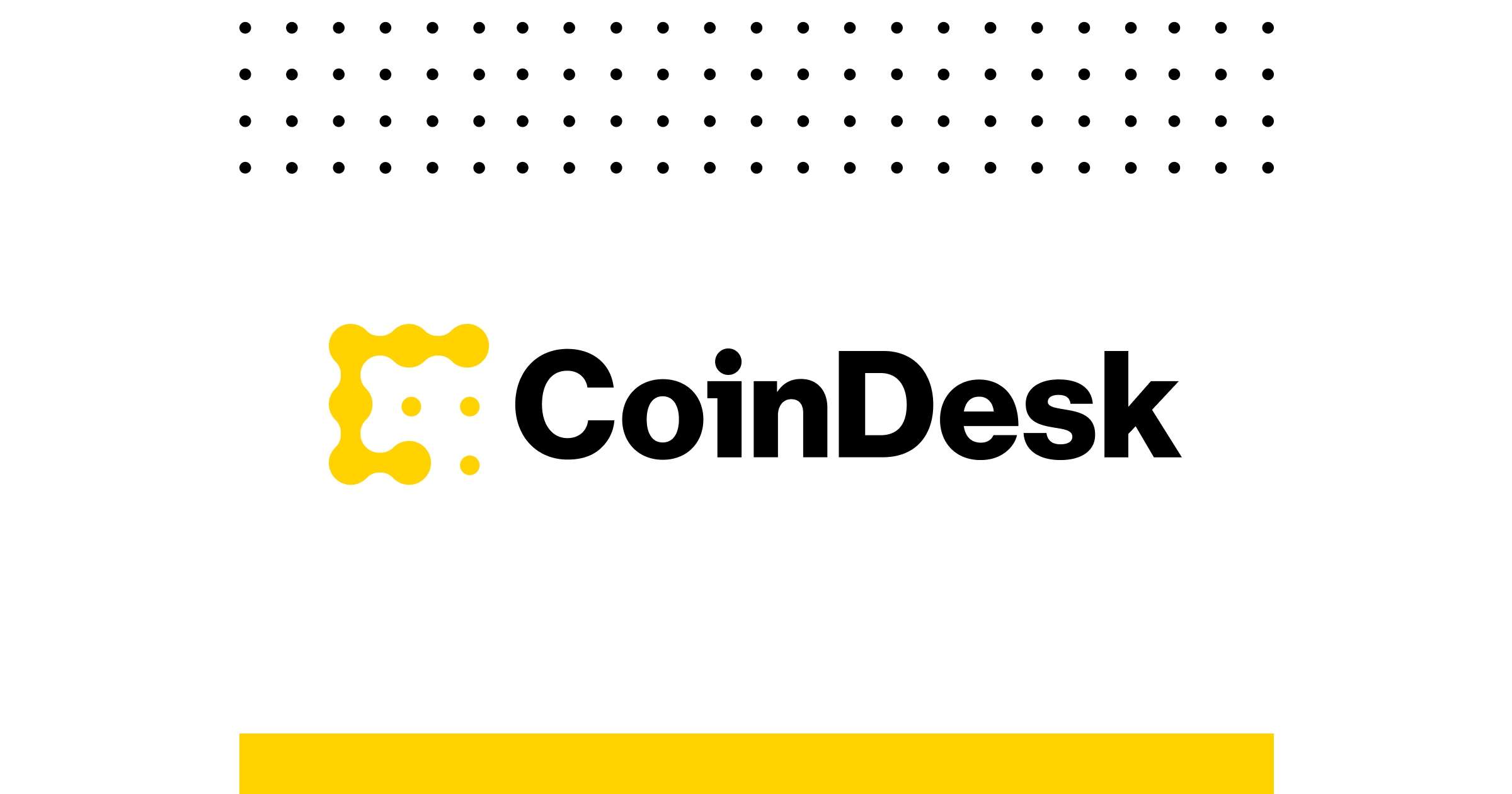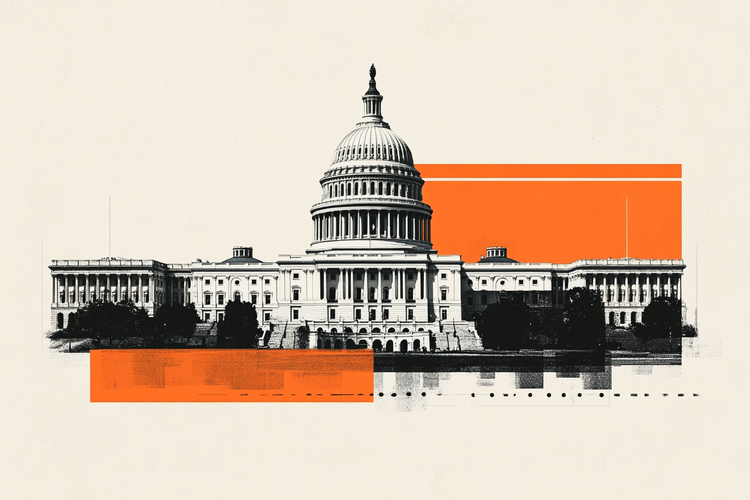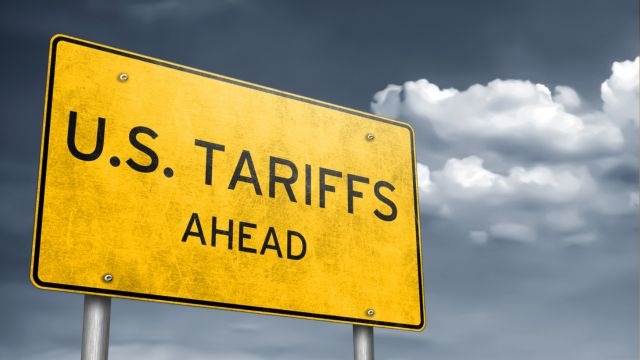If we can’t do a backdoor Roth, is it still worth maxing our 401(k), or should we switch to a taxable account?
It’s a common dilemma many Americans saving up for retirement are bound to face: should one max out that 401(k), or opt for a taxable account instead? Indeed, the 401(k) is a fantastic tax-advantaged account that can really take advantage of the power of tax-free compounding. And with an employer match thrown into the equation, […] The post If we can’t do a backdoor Roth, is it still worth maxing our 401(k), or should we switch to a taxable account? appeared first on 24/7 Wall St..
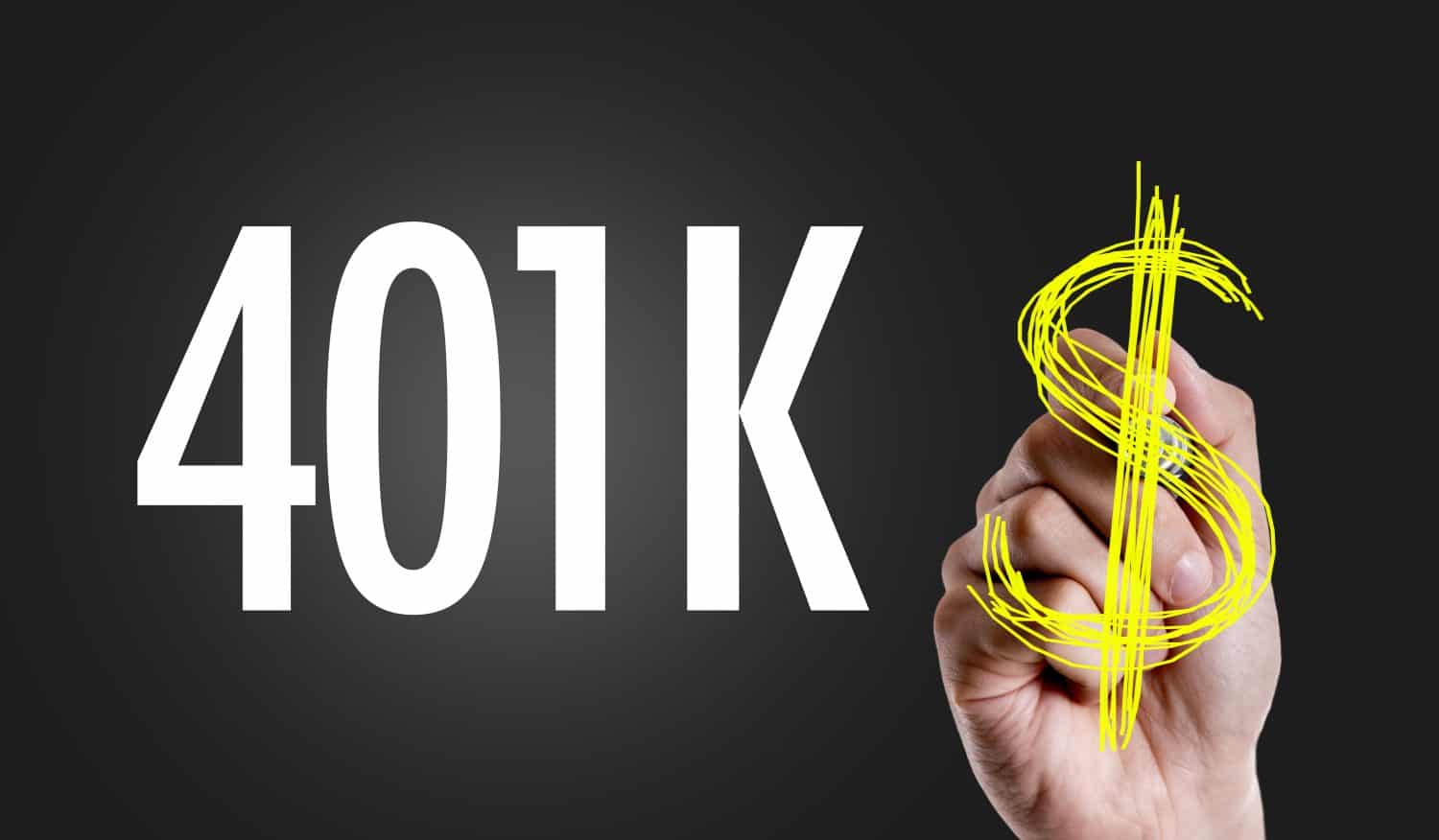
It’s a common dilemma many Americans saving up for retirement are bound to face: should one max out that 401(k), or opt for a taxable account instead? Indeed, the 401(k) is a fantastic tax-advantaged account that can really take advantage of the power of tax-free compounding. And with an employer match thrown into the equation, the 401(k) is an invaluable vehicle that one should seek to maximize if there’s room in the budget.
Of course, there are huge drawbacks to a 401(k), especially the ones that don’t have an employer match. Most notably, they’re rather illiquid compared to taxable accounts. You can’t just draw down cash at any time prior to retirement without getting slapped with some stiff financial penalties. And while I’m a fan of the benefits to be had with the 401(k), most notably the tax deferral advantages, it only makes sense for individuals to find the right balance for liquidity’s sake.
Indeed, the funds within taxable accounts are easier to access. And there are fewer strings attached if you need cash in the present to cover any sort of financial emergency (an unexpected medical bill) or unexpected bill (think the child’s tuition). Either way, I think someone with more than enough incoming cash flows may find it a good idea to max out 401(k) contributions while using the difference to top up the taxable account.
For those with a tighter budget, however, I’m certainly not against making the switch to a taxable account, especially in light of stagflation risks, lingering inflation, and tariffs that could represent the biggest tax hike to American consumers in recent memory. As always, someone deciding between a 401(k) and a more liquid taxable account should consult with a wealth planner before changing their game plan.
Key Points
-
Maxing out the 401(k) doesn’t always make sense, especially if there’s no employer match and one’s in a low-income bracket or in need of greater liquidity.
-
Are you ahead, or behind on retirement? SmartAsset’s free tool can match you with a financial advisor in minutes to help you answer that today. Each advisor has been carefully vetted, and must act in your best interests. Don’t waste another minute; get started by clicking here.(Sponsor)
No “sweet spot” balance works for everyone
Some people, especially those who work for organizations that offer generous 401(k) matches, view “maxing out” the 401(k) as always the best move. However, others who value liquidity and easy access to funds would rather contribute to a taxable account rather than a tax-deferred account that may be viewed as having one’s contributions under lock and key. Indeed, if one needs urgent access to their own cash, it can be quite a gut-punch to be hit with penalties for drawing down from the 401(k), especially if one’s still in a higher tax bracket.
Either way, liquidity is important, but so too are the tax deferrals (and potential 401(k) matches, which is essentially “free money”) provided by maxing out a 401(k). Personally, I’d be inclined to find a balance that has a slight skew towards liquidity unless, of course, there’s a 401(k) match on the table, in which case maxing out is the go-to move.
Is it better to favor the 401(k) or a taxable account? Here’s how to tell.
In my opinion, for someone in a high tax bracket, heftier contributions to the 401(k) still make sense, even if there’s no match from one’s employer. However, for lower-income individuals with no match, I’d say the downsides (liquidity) of a 401(k) stand to outweigh the benefits.
Indeed, having liquidity to meet the rising costs of living (soaring rent, food, and price of essentials) is a must in today’s environment. Of course, the right balance is going to vary for individuals due to their tax brackets, liquidity needs, availability of 401(k) matches, and the size of the overall nest egg. In short, a sit-down with a financial planner seems like a good idea for those who don’t know where their right contribution balance lies.
The post If we can’t do a backdoor Roth, is it still worth maxing our 401(k), or should we switch to a taxable account? appeared first on 24/7 Wall St..


















